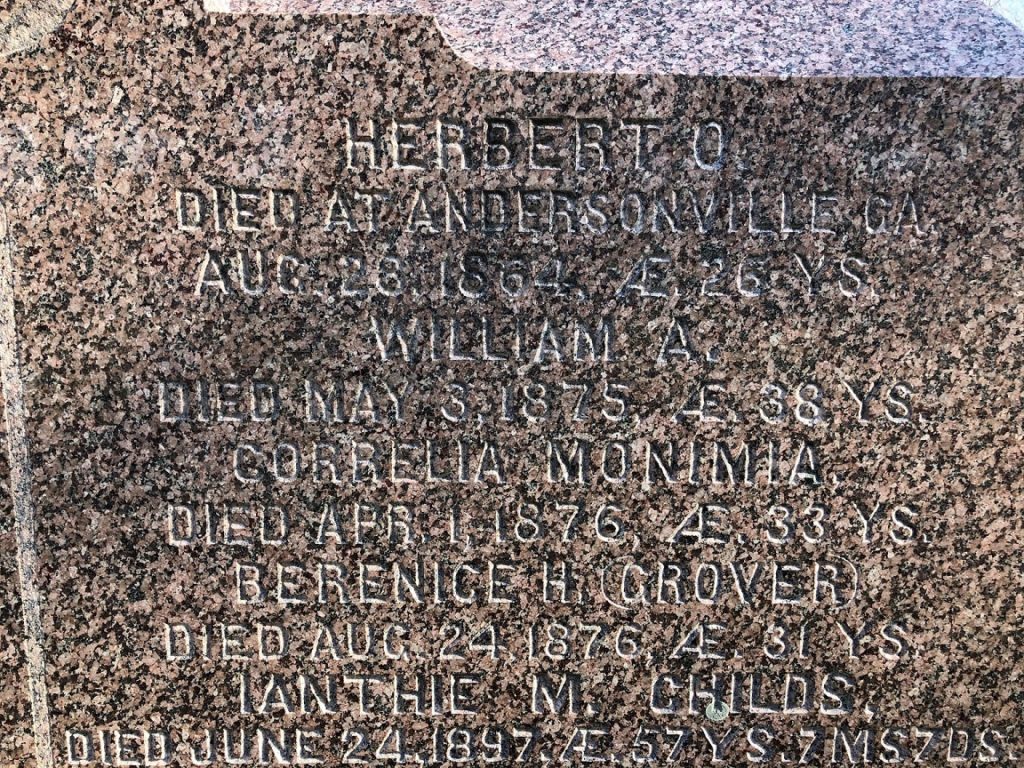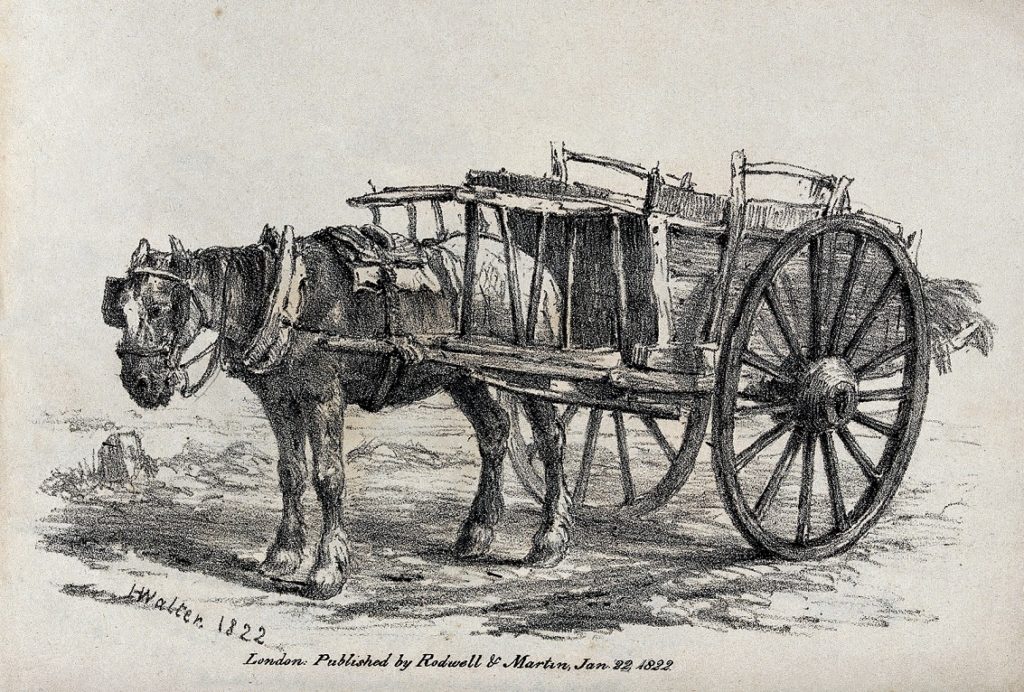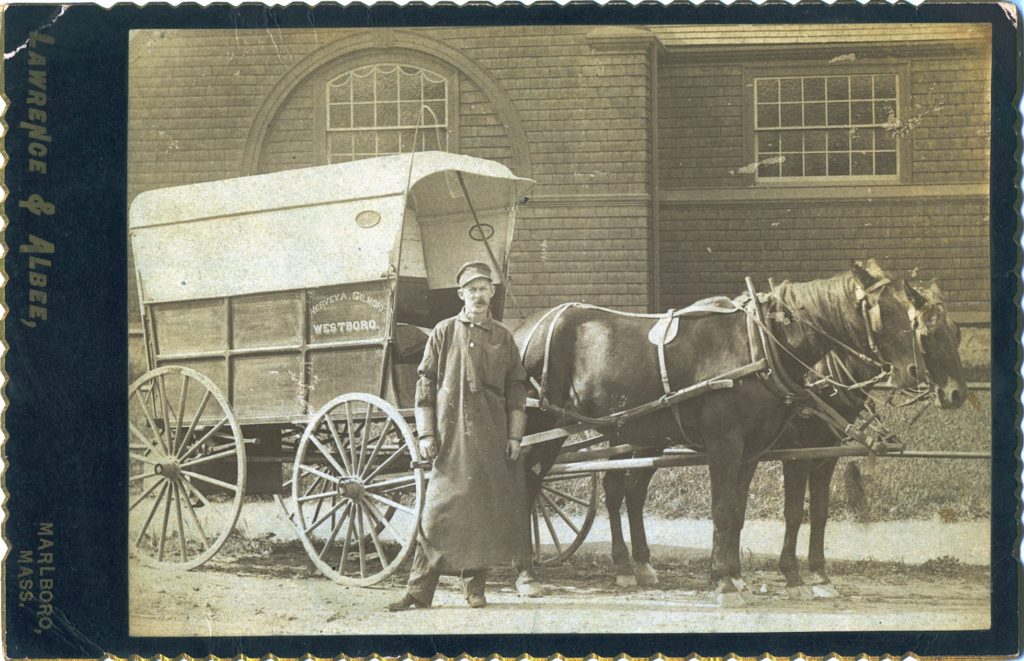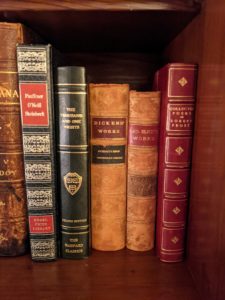The Search for Herbert O. Smith: A Memorial Day Remembrance
Several months ago, I received an e-mail from a Westborough resident and avid reader of the Westborough Center Pastimes newsletter:
Dear Dr Vaver,
I so very much enjoy all your essays. You might already be aware of this, but a Westborough resident, Herbert Smith, died at Andersonville. He is buried at Pine Grove. Not sure if anything might be written about Westborough during the Civil War. Perhaps to coincide with Memorial Day?
I look forward to your next piece.
Thank you
Janet
Janet included the above image of a gravestone, which most likely prompted her to write her e-mail to me.
I thanked her and filed her e-mail away along with a note to revisit it around Memorial Day. That day has finally arrived.
___
When people introduce me to others and want to include what I do as a profession, they often mistakenly call me “Westborough’s Town Historian” or “the Local Historian who works at the library.” I think the confusion gets caught up in the fact that Westborough’s interest in its own history is so deep that we have lots of organizations in town with similar sounding names and lots of people working at them: the Westborough Historical Society, the Westborough Historical Commission, the Westborough Center for History and Culture. It’s all admittedly confusing. The fact is that we are surrounded by so much history in Westborough that the organizational waters that chronicle it are a bit muddy. What a great problem for a town to have!
But in my capacity at the library, I am a librarian, not an historian. Sure, I consider myself to be a cultural historian as well as a librarian by training, but I have not devoted as much time to researching Westborough history in as much depth as other true town historians have—such as Kristina Nilson Allen, Phil Kittredge, Glenn Parker, or Leslie Leslie. My job as the local history librarian is to point people to the resources that can help them research and learn about Westborough and its history, and in doing so I certainly learn a lot about Westborough history along the way. That’s what makes my job so fun! And that’s why I love receiving e-mails with questions like the one Janet sent me.
___
So who is Herbert O. Smith?
After consulting histories about American Civil War regiments from Massachusetts, military and genealogical databases, books about Westborough history, historical Westborough newspapers, and more, here’s what I could find.
Herbert O. Smith was born in Gloucester, MA on July 23, 1837 (other records claim 1838 as his birth date or are even less precise). At the time of his enlistment on March 31, 1864, he is described as having a light complexion, gray eyes, and brown hair and stood 5 ft, 11 inches tall. He was unmarried and a farmer by profession. Smith was mustered on April 6, 1864 in Company K of the 57th Infantry, the company where most Westborough enlistments ended up during the war.
Smith’s time in the army did not last long. He was wounded in the face at the battle of Wilderness, VA on May 6, 1864 and then was taken prisoner at North Anna on May 24, 1864 and sent to the notorious Andersonville Prison in Georgia. Over the 14 months while the prison was in operation, Andersonville held 45,000 Union prisoners, of which nearly 13,000 died of “disease, poor sanitation, malnutrition, overcrowding, or exposure.”
Smith wasn’t the only Westborough soldier to experience the horrors of Andersonville. Others included Minot C. Adams, William H. Blake, Charles S. Carter, Charles M. Fay, Francis E. Kemp, Irving E. Walker, and possibly John Copeland. There may have been others.
Herbert O. Smith died in the Andersonville Prison of chronic diarrhea on August 27, 28, or 29 (depending on the source) in 1864. He was either 26 or 27 years old at the time. He is not, however, buried in Westborough, but lies instead in a mass burial trench in the Andersonville National Cemetery in Section E, Site 7158, along with William H. Blake, who is in Section H, Site 10753.
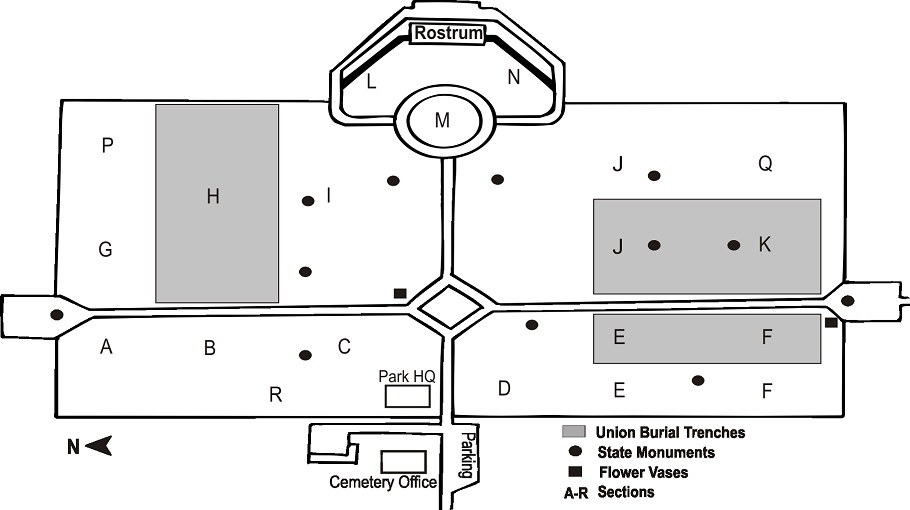
In 1868, shortly after the war ended, Westborough arranged to erect a monument with the names of “soldiers from this town, who fell in the late war.” All of the names of the soldiers that I list in this article–with the exception of Charles M. Fay (more on him in the next newsletter)–appear on this monument, which to this day stands behind the fountain in the downtown cemetery on West Main Street. Whether or not you are able to attend this year’s Memorial Day ceremonies, take some time over the next week or so to visit the monument, read the soldier’s names, and think about how they willingly sacrificed themselves for our country.
–Anthony Vaver, Local History Librarian
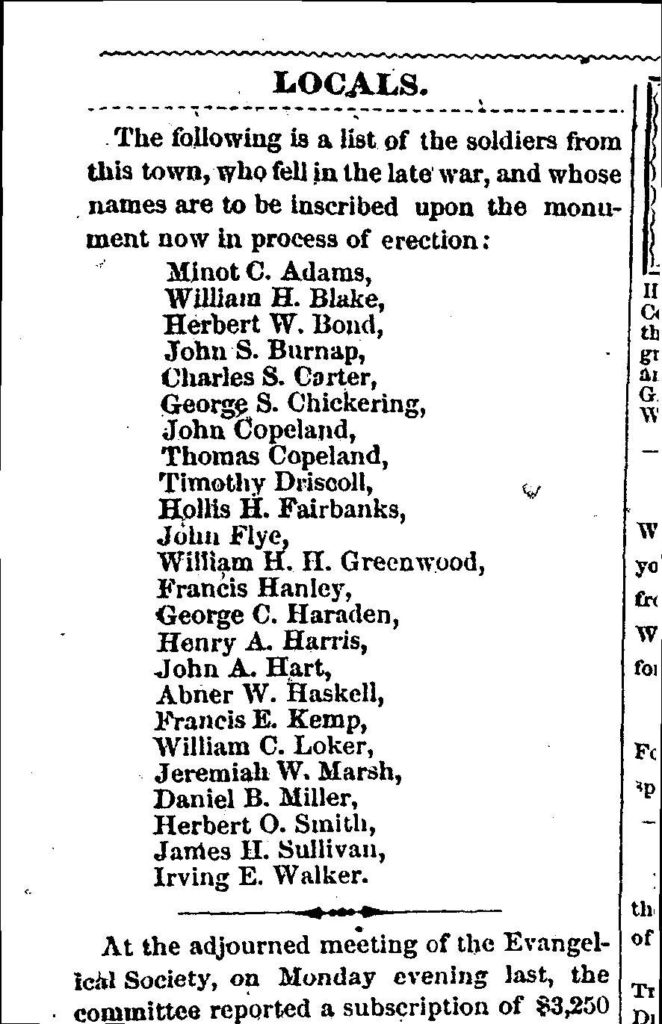
Do you have a question about Westborough history? Do you want to experience the thrill of the discovery process as you piece together nuggets of information that reveal the history of a person, place, or thing? Then stop by the Westborough Center or drop me an e-mail just like Janet did at avaver@cwmars.org.
Suggested Reading:
- Shelby Foote, The Civil War: A Narrative (3 vols.).
- Neil Kagan, ed., Smithsonian Civil War: Inside the National Collection.
- C. Gwynne, Hymns of the Republic: The Story of the Final Year of the American Civil War.
- Drew Gilpin Faust, This Republic of Suffering: Death and the American Civil War.
And keep reading this newsletter to learn even more about the Andersonville Prison . . .
* * *
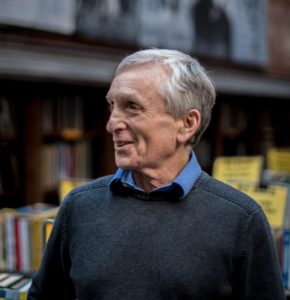
Westborough Historical Society/Westborough Public Library Virtual Presentation by Rare Book Specialist Ken Gloss
Kenneth Gloss, proprietor of the internationally known Brattle Book Shop in Boston’s Downtown Crossing section, will present “The Adventure of Book Collecting” via Zoom on Monday, May 24, 7:00 pm, for the Westborough Historical Society and Westborough Public Library, Westborough, MA. Ken will discuss the value of old and rare books.
Ken, a rare book specialist and appraiser who is frequently seen on national TV, will talk in part about the history of his historic bookshop (www.brattlebookshop.com/about), which goes back to circa 1825. He is a second-generation owner.
Ken will talk about and show some of his favorite finds and describe some of the joys of the “hunt,” as well as explain what makes a book go up in value. He has many fascinating anecdotes to share as well as guidelines for what to look for when starting a collection. There is also a Q&A session at the conclusion of his talk. Following the talk and question-and-answer session, Ken will offer free verbal appraisals of books.
Participants must register in advance at https://us02web.zoom.us/meeting/register/tZUofu2rqzguGNAS0be1515oAklELeV3y5be.
Those who wish to have materials appraised should submit photos with (if available) a brief description of each item plus a mobile contact number before Friday, May 21, to info@brattlebookshop.com. During the program, Mr. Gloss will select items to appraise that illustrate important characteristics and will appraise all others privately.
This program is co-sponsored by both the Westborough Historical Society and the Westborough Public Library’s Westborough Center for History and Culture.
* * *
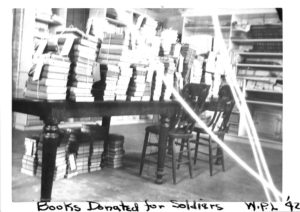
Book Donation Day and Friends Book Sale
Need to make room for the new collection of books you will be inspired to create from attending Ken Gloss’s lecture? The Friends of the Westborough Public Library will be holding a Book Donation Day on Friday, May 21 from 10-2 at the Parkman Street entrance.
Going forward, the Friends will not have “ongoing” book donations but will be holding periodic Donation Days a couple weeks in advance of their book sales.
Upcoming book sales will be on the second Saturday of each month from 10-3 on the lawn in front of the library.
* * *
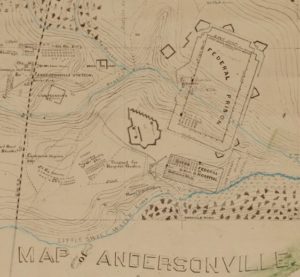
Found! The Andersonville Prison Map
From the Norman B. Leventhal Map & Education Center at the Boston Public Library:
Retired National Park Service Archeologist Guy Prentice recently discovered the Leventhal Map & Education Center’s copy of George W. Carleton’s 1865 map of the Andersonville prison, a notorious Confederate camp where thousands of Union prisoners of war died. Dr. Prentice has spent multiple field seasons doing archeology at Andersonville National Historic Site, and coauthored numerous reports on the archeology of the site over more than three decades.
In a guest article, Prentice describes how locating this map in our collections helped to unlock a mystery about the trial of one of the most controversial figures in Civil War history. Read the full account of his search for the Civil war map here.
* * *
Did you enjoy reading this Westborough Local History Pastimes newsletter? Then subscribe by e-mail and have the newsletter and other notices from the Westborough Center for History and Culture at the Westborough Public Library delivered directly to your e-mail inbox: https://www.westboroughcenter.org/subscribe-to-updates/.
